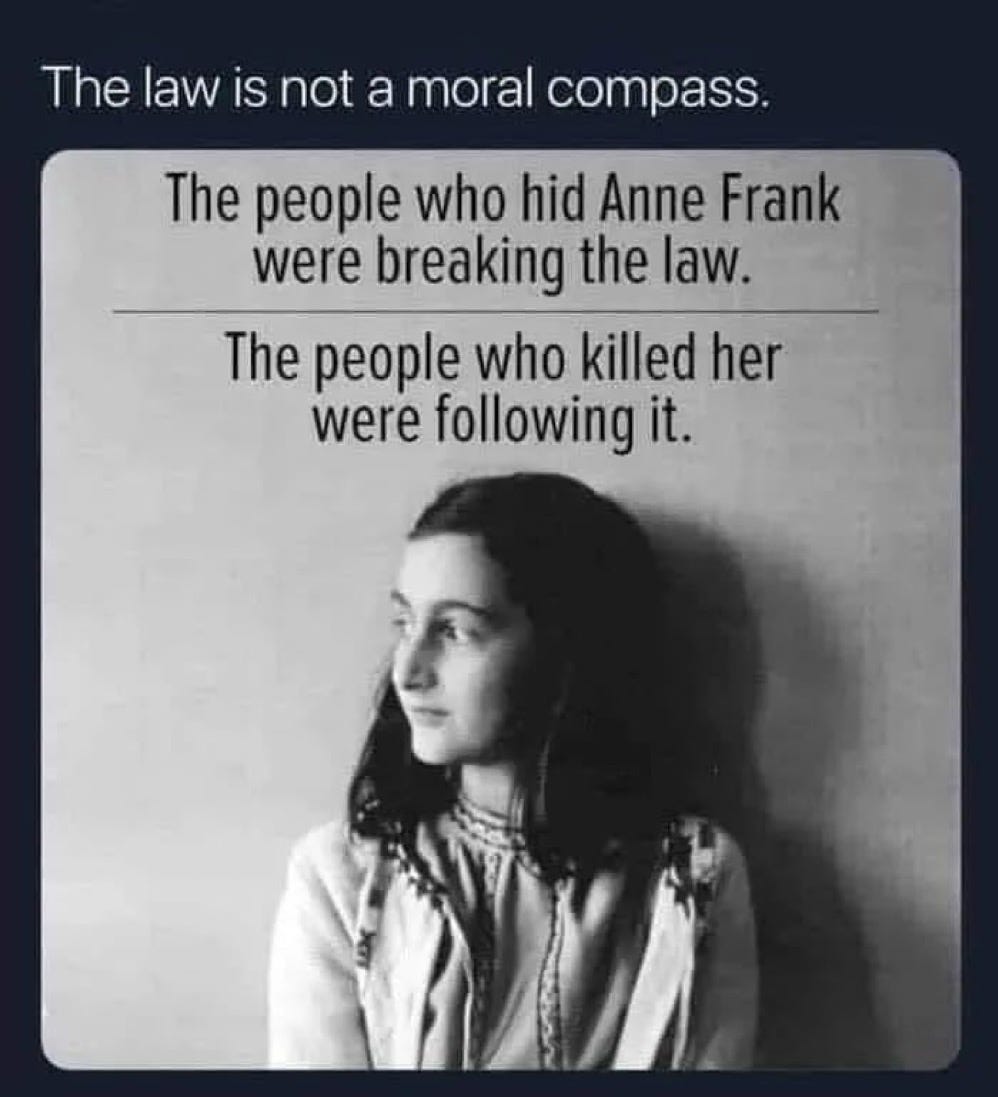Many years after the liberation of Auschwitz, Alexander Vorontsov, a camera operator in the Soviet military film crew that recorded the liberation of the extermination camp, remembered entering Birkenau:
"A ghastly sight arose before our eyes. … People lay in bunks inside many of them. They were skeletons clad in skin with vacant gazes. Of course, we spoke with them. However, these were brief conversations, because these people who remained alive were totally devoid of strength, and it was hard for them to say much about their time in the camp. They were suffering from starvation, and they were exhausted and sick. … You could say that there were pyramids on the grounds of the camp. Some were made up of accumulated clothing, others of pots, and others of human jaws. I believe that not even the commanders of our army had any idea of the dimensions of the crime committed in this largest of camps. The memory has stayed with me my whole life long. All this was the most moving and terrible thing I saw and filmed during the war. Time has no sway over these recollections. It has not squeezed all the horrible things I saw and filmed out of my mind."
Today, it is 79 years ago that Auschwitz concentration camp was liberated by the Red Army. It was a complex of over 40 concentration and extermination camps operated by Nazi Germany in occupied Poland. In 2005, the United Nations General Assembly established 27 January as International Holocaust Remembrance Day. Every year, we commemorate on this day the victims of the Holocaust, which resulted in the genocide of one-third of the Jewish people, along with millions of members of other minorities by Nazi Germany and its collaborators between 1933 and 1945.
The resolution also deals with other aspects, such as education and Holocaust denial. Furthermore, it condemns without reserve all manifestations of religious intolerance, incitement, harassment, or violence against persons or communities based on ethnic origin or religious belief, wherever they occur.
Every year, I take a moment on this day to do as the resolution intended us to do: I think about the victims and how to apply the lessons of the Holocaust. Sometimes, I sent out a tweet, and in other years, I took some time to read tweets that used the relevant hashtags.
This year, it was all different:
Keep reading with a 7-day free trial
Subscribe to The Planet to keep reading this post and get 7 days of free access to the full post archives.





